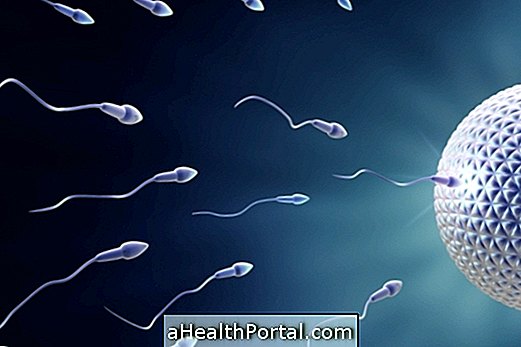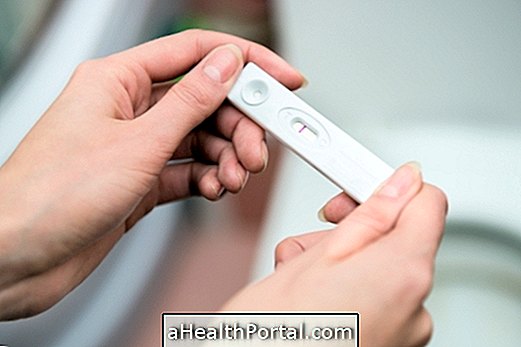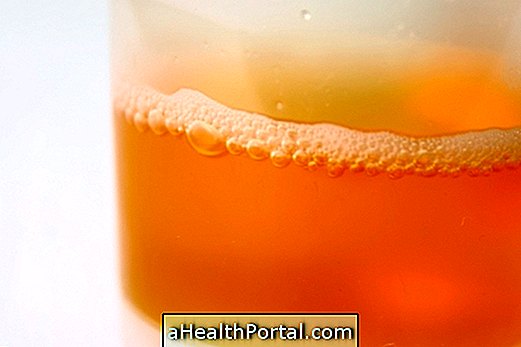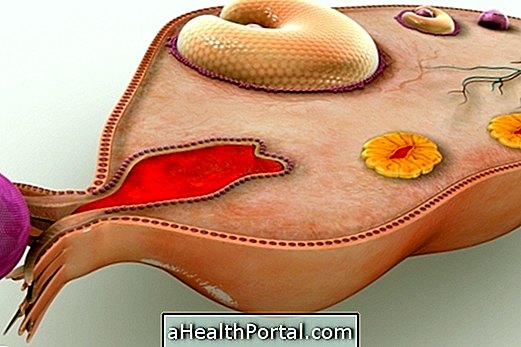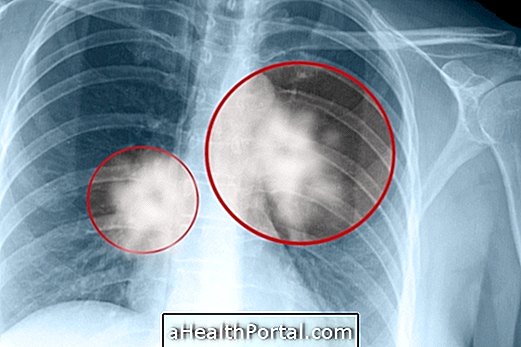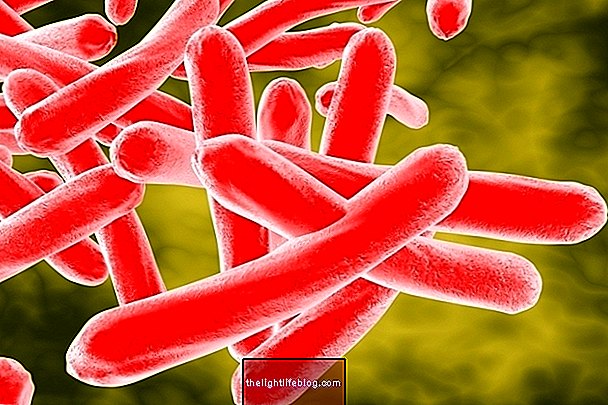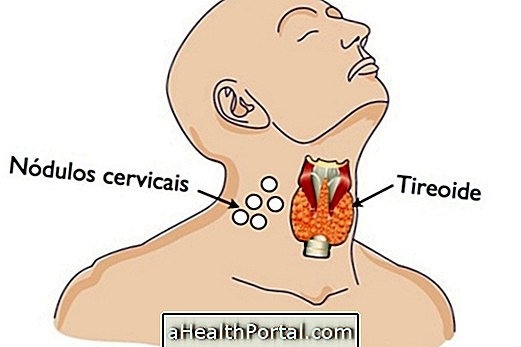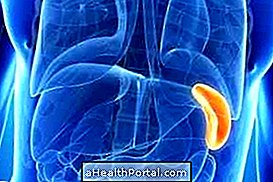Sexual impotence does not always lead to infertility, because while impotence is the inability or difficulty in having or maintaining a pleasurable sexual relationship, infertility is a person's difficulty in reproducing and having biological children.
Thus, being impotent is not the same as being infertile, since the man, despite having difficulty maintaining the erection, can have normal and regularized sperm production. However, as it is known, for a pregnancy to occur it is necessary to transfer spermatozoa to the woman's body, which is why many couples suffering from sexual impotence also end up suffering from the difficulty of getting pregnant.
Learn to Identify When It's Impotence
Main Symptoms
Some of the symptoms that may indicate sexual impotence include:
- Difficulty in having or maintaining an erection;
- Increased need for concentration and time to achieve erection;
- Difficulty in keeping intimate contact in some sexual positions;
- Erection less rigid or more flaccid;
- Rapid or early ejaculation;
- Decrease in body hair and number of spontaneous erections on waking.

In addition, a decrease in the size of the sexual organ or physical changes in the genital organ can also cause difficulty in maintaining the erection.
Main causes
Sexual impotence is caused by all those factors that affect the ability of the penis to maintain a penile erection that allows intimate contact and include:
- Use of drugs;
- Alcoholism;
- Obesity;
- Excessive use of certain medications such as antihypertensives, antidepressants and antipsychotics for example;
- Psychological problems such as depression, trauma, fear, dissatisfaction or decreased libido.
All of these factors end up affecting a man's sexual performance, which may or may not have infertility problems.
Learn to recognize when it is Infertility
In the case of infertility, the symptoms are not physical and so in most cases man is able to have normal and constant sex and the only way to find out is through exams such as sperm, for example.
Main causes
As with sexual impotence, infertility can also be caused by several factors, which may include:
- Low testosterone production;
- High production of the hormone prolactin;
- Thyroid disorders;
- Infections in the reproductive tract, especially infections affecting the testicles such as orchitis (/ mumps-and-infertility /);
- Varicocele, which is the increase in blood vessels of the testicles;
- Use of anabolics or medicines that may cause infertility;
- Accomplishment of invasive therapies such as radiotherapy;
- Tumors in the pituitary gland;
- Genetic problems affecting sperm production;
- Problems that affect ejaculation, such as absence of ejaculation or retrograde ejaculation.

Things to Do to Engravidar
To get pregnant, there are several tips that can help such as:
- Have sex during the fertile period, which can be calculated using our calculator's fertile period. See How to know when the Fertile Period is.
- Eat more foods rich in vitamin E and zinc, such as wheat germ, nuts and nuts, as they act on sex hormones to improve male and female fertility;
- Invest in a healthy and varied diet and in the practice of physical exercise;
- Avoid the practice of habits that impair fertility, such as drinking and alcohol, smoking cigarettes or using drugs.
However, if you have had intercourse for more than 1 year and do not use contraceptive methods such as a condom or birth control pill, you should seek medical help so that the cause of the problem can be identified. In cases of difficulty, some of the treatments that may be indicated by the physician include induction of ovulation or


